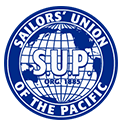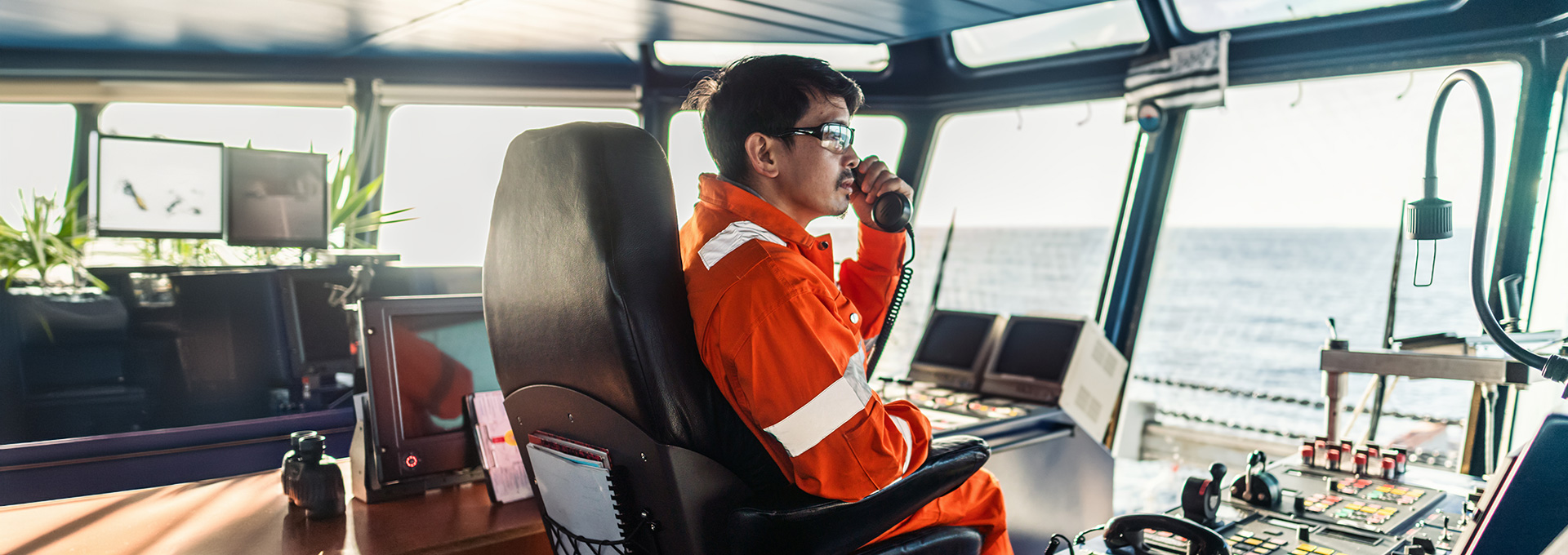The latest Congressional relief plan failed, and unemployment benefits and MSP funding among trillions of other dollars were held up. Joe Biden selected Sen. Kamala Harris as his running mate and the Democratic Party sealed the deal with a formal nomination at a virtual convention. The California Labor Federation held its biennial convention and reaffirmed its strong support for maritime policy that is not a hindrance to American mariners.
Amidst a coronavirus surge, Congress began the attempt to pass spending bills and another massive rescue package with MSP ramifications. Meanwhile, the newest Kanaloa-class con-ro built by NASSCO for Matson Navigation was christened Matsonia and launched in San Diego, and the international crewing crisis worsened. The case against California's Prop 22, improperly called a worker protection initiative, is laid out for readers to consider and the Mahimahi conducted a daring mid-Pacific rescue. All there in the West Coast Sailors...
The West Coast Sailors celebrated the 100th year of the Jones Act! Friends and allies rallied in support even while fending off fresh attacks. Meanwhile, U.S. maritime labor successfully demanded federal government intervention for the repatriation of American sailors in shuttle ships and West Coast labor joined with the ILWU to recognize the Juneteenth anniversary to issue again the call for an end to systemic racism.
The steep drop of both commercial and government cargoes, has put the national security at risk by endangering the viability of the Maritime Security Program. That Program helps fund the operation of 60 militarily useful ships engaged in the international trades and provides a critically important job base to maintain mariner skills, credentials, readiness. Relative to the trillions flowing from the federal government to sustain the nation, the request is minor. But as unemployment reaches Great Depression levels it is a powerful support of key jobs.
The nation grappled with the many effects of the coronavirus pandemic, but none more than the families that were torn apart by intense loss, and the health care workers bravely caring for the sick despite gaps in protection. While shock waves reverberated through the economy, more than 90% of the United States was in some kind of quarantine and record numbers of Americans were suddenly out of work.
The coronavirus spread, the global economy staggered, and in the U.S. a national emergency was declared. California issued a "stay at home" order for its 40 million residents, as major cities and counties went into quarantine mode with shelter-in-place orders for all but critically important workers. The Coast Guard closed its 17 REC's and extended expirations on some credentials. Taking unusual precautions, SUP halls remained open for essential dispatch services as part of the national maritime supply chain and security infrastructure...
The coronavirus outbreak has sickened or killed scores of people and many millions more at risk. Now comes evidence of deep toll on shipping as well...
Matson, Inc. took delivery of its newest vessel, the largest combination container / roll-on, roll-off (“con-ro”) ship ever built in the United States, from General Dynamics NASSCO.
House and Senate negotiators on pending defense legislation have agreed to language that would extend the Maritime Security Program for an additional ten years, to fiscal year 2035.
As a renewed wave of worker activism sweeps the country, the leaders of 33 transportation unions focused on ways to improve the lives of working families by creating and protecting middle-class transportation jobs, investing in infrastructure, and enhancing onthe-job safety during the Executive Committee meeting of the Transportation Trades


